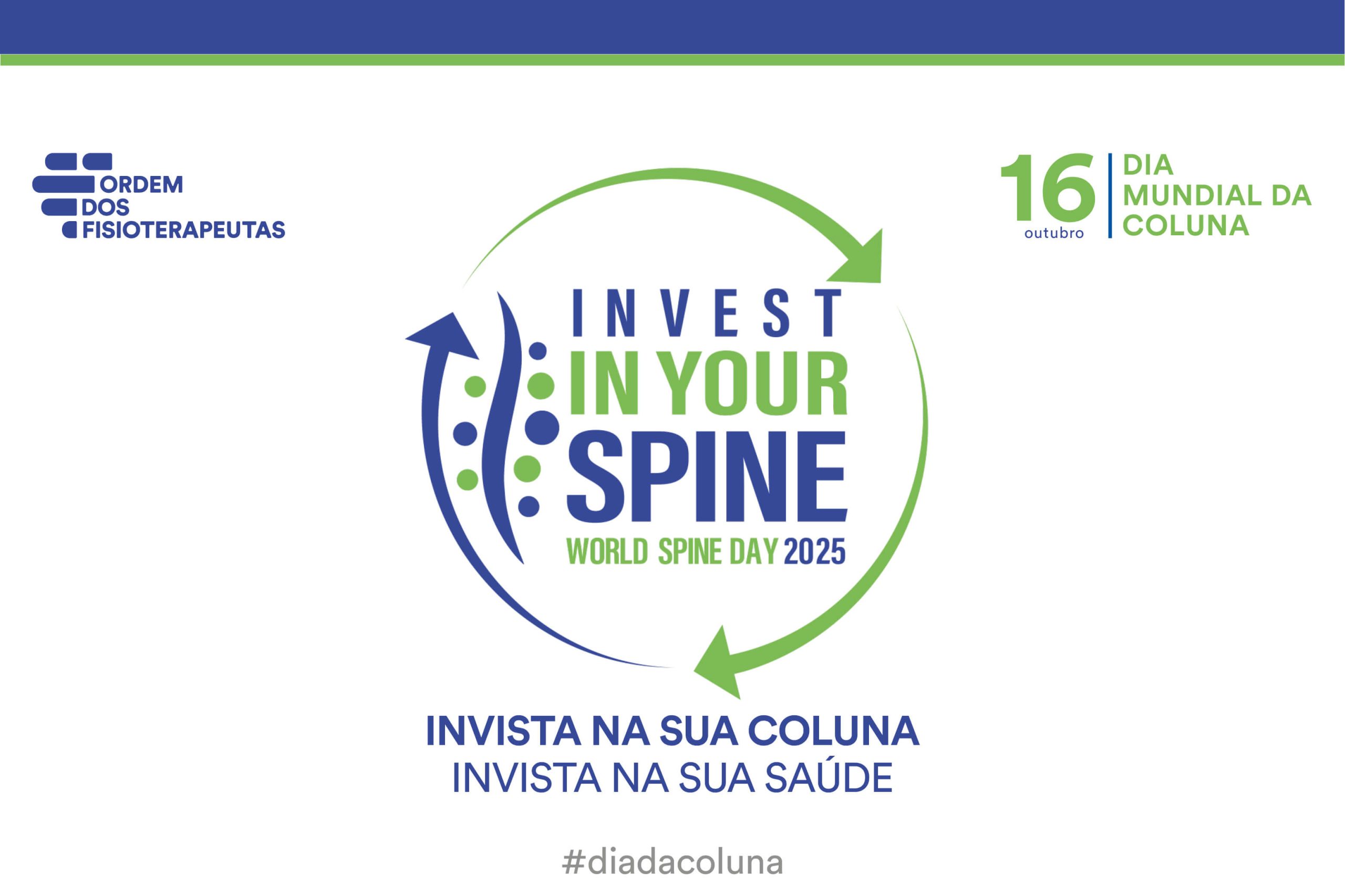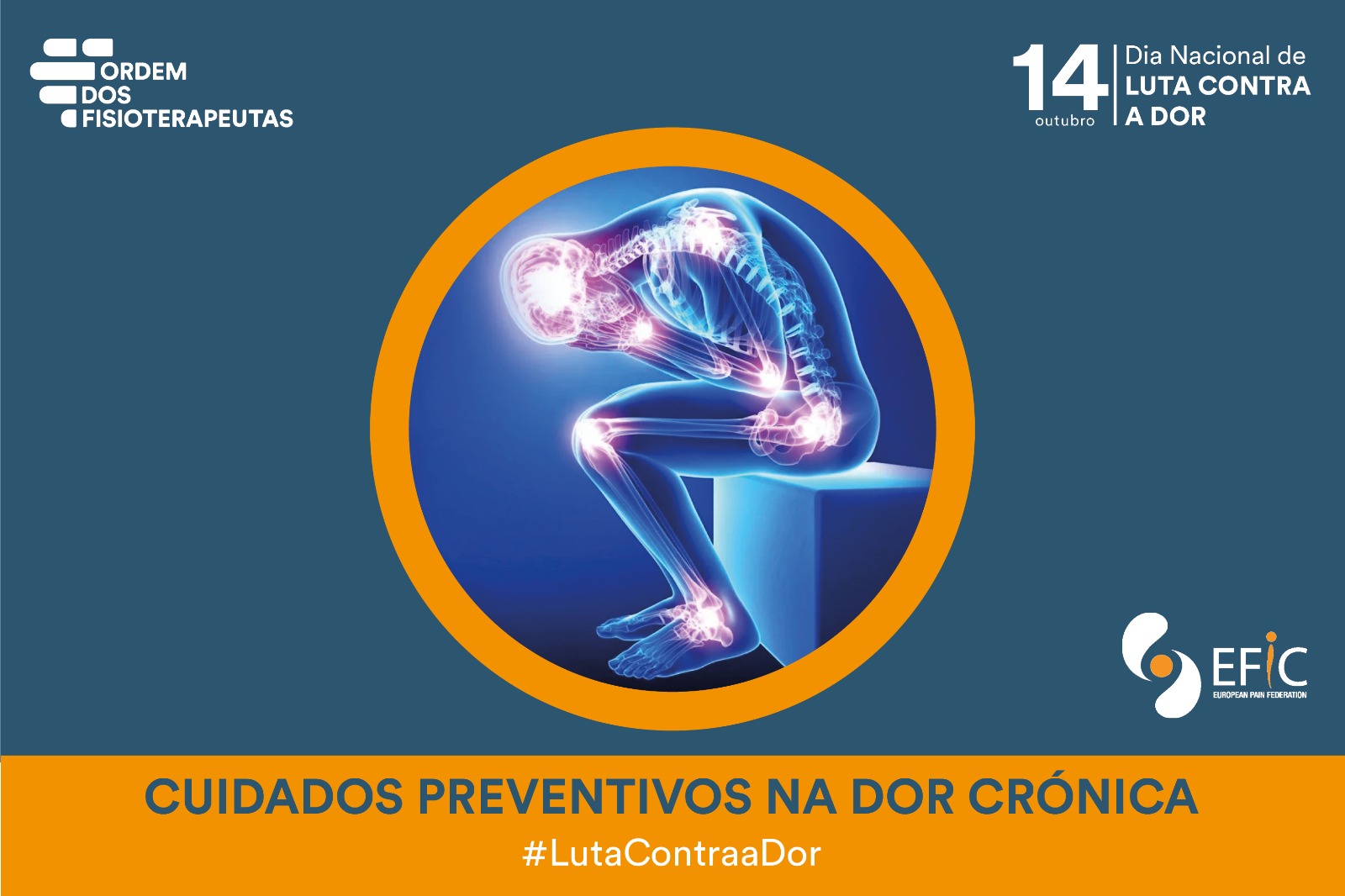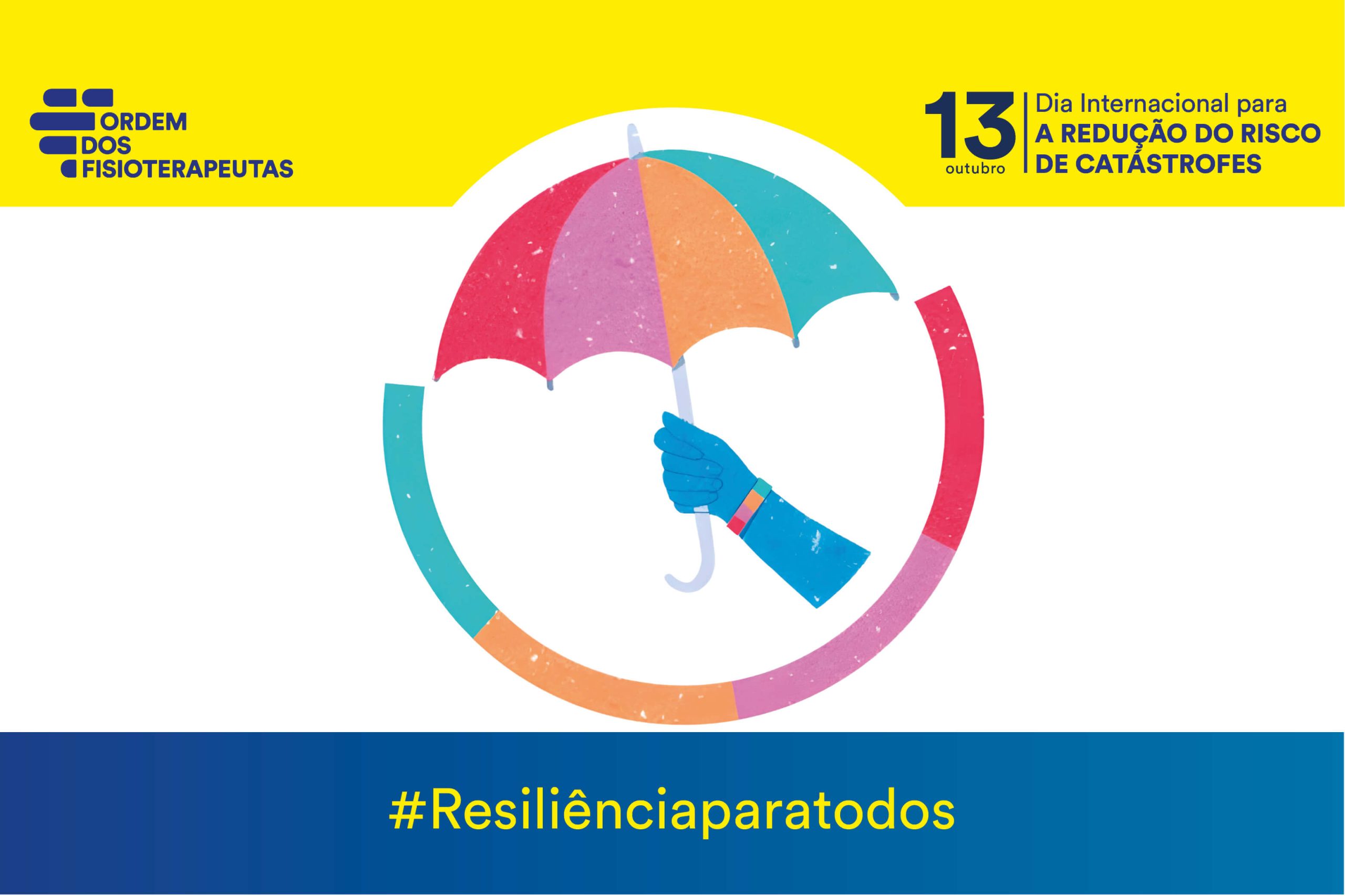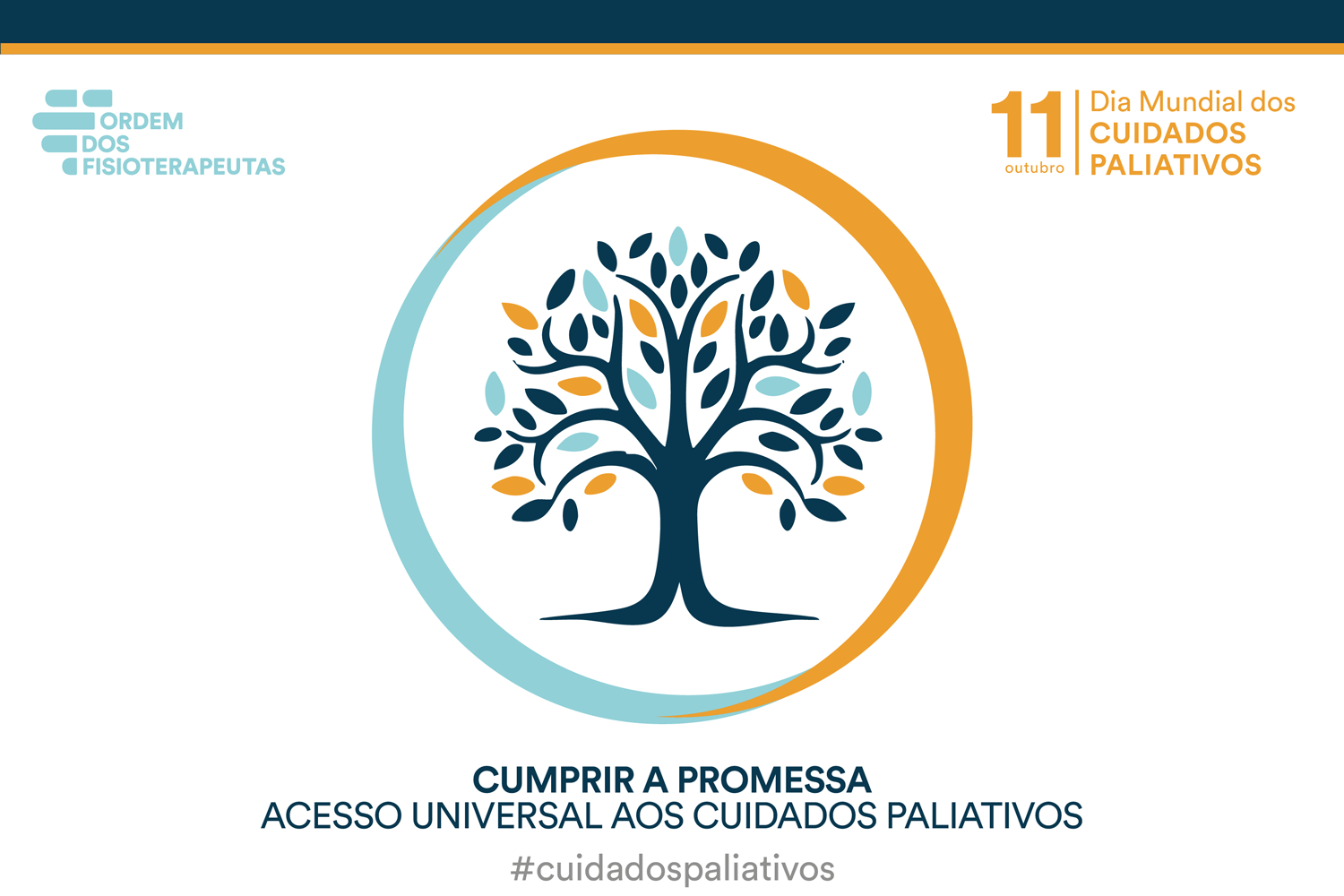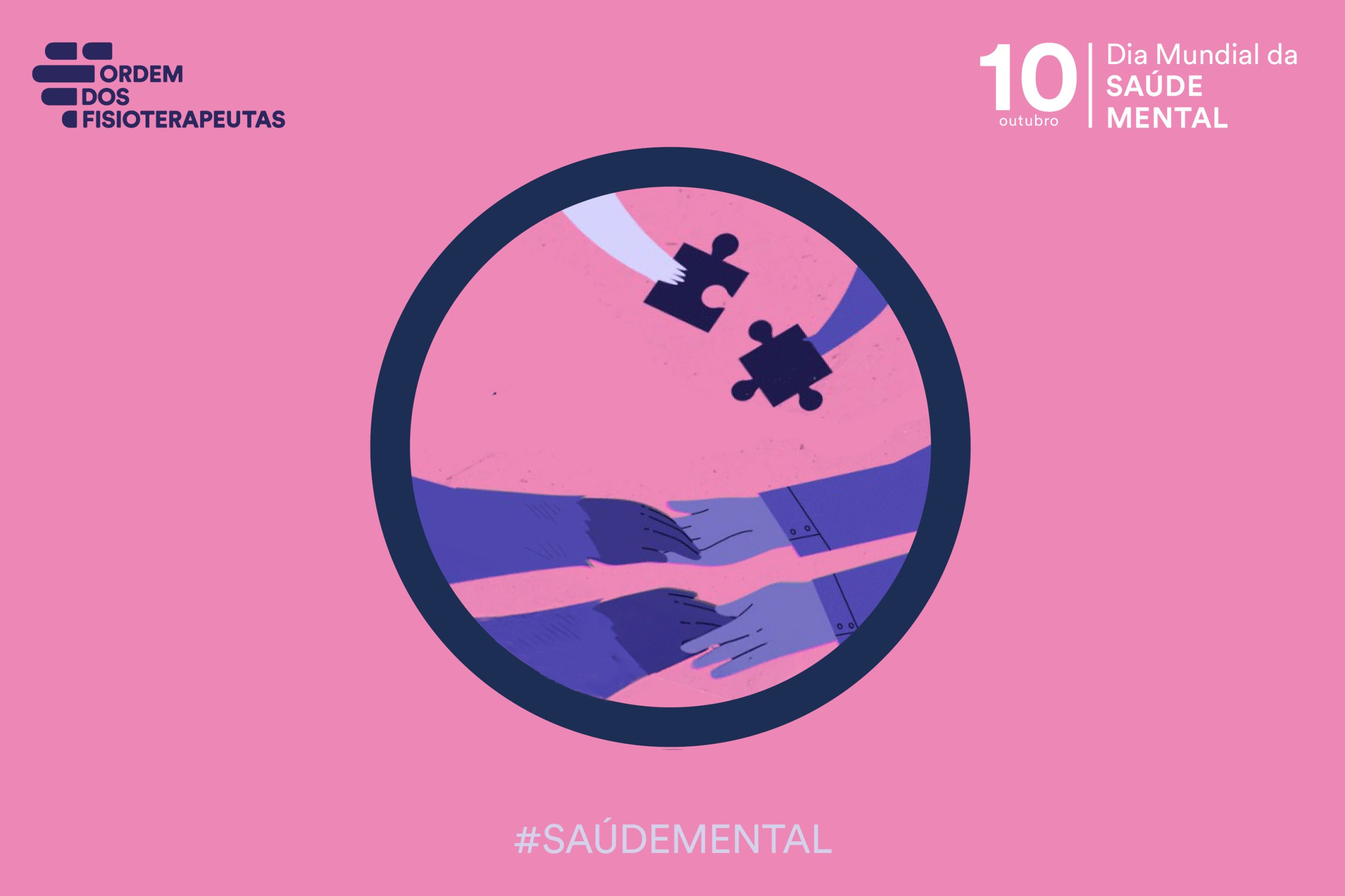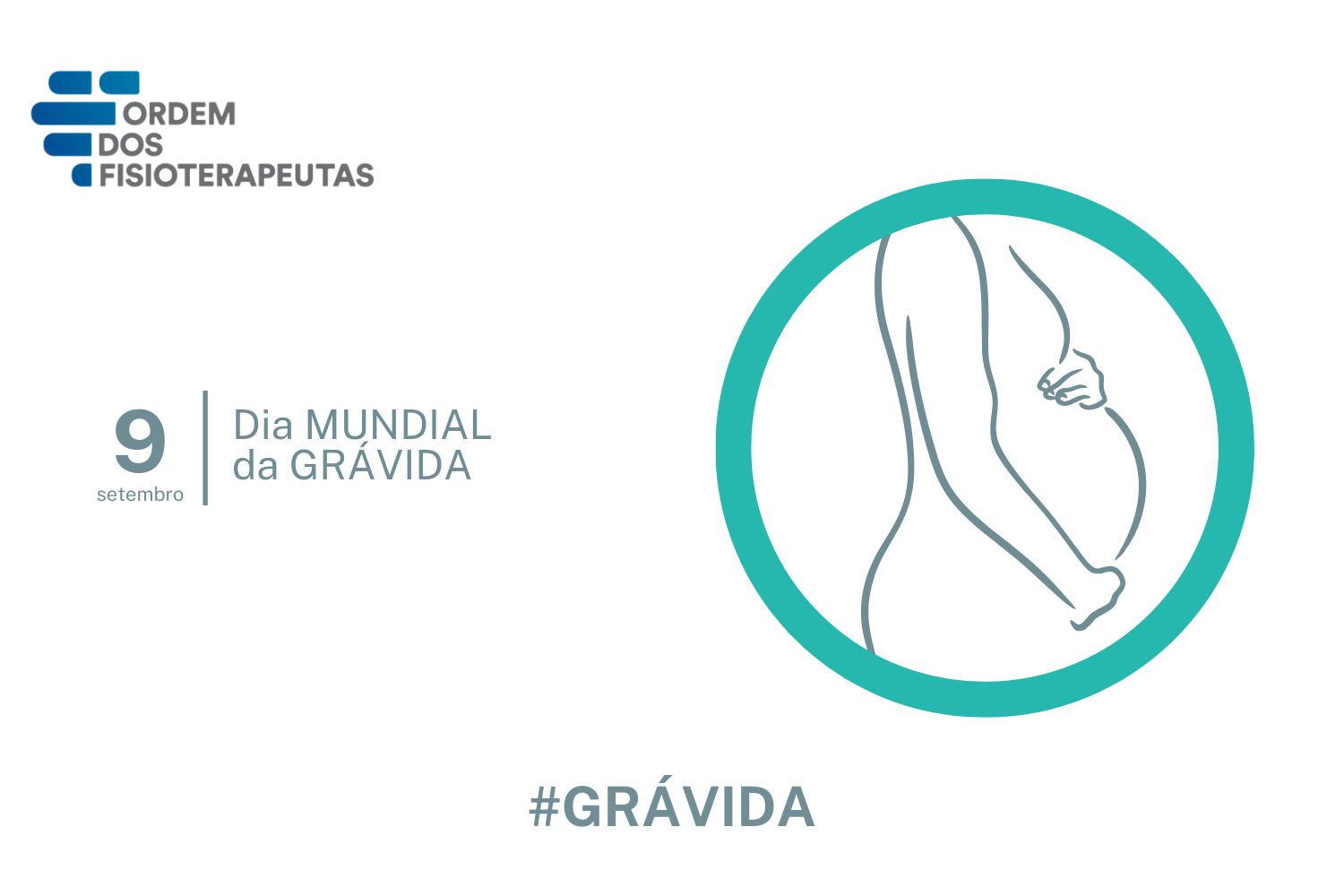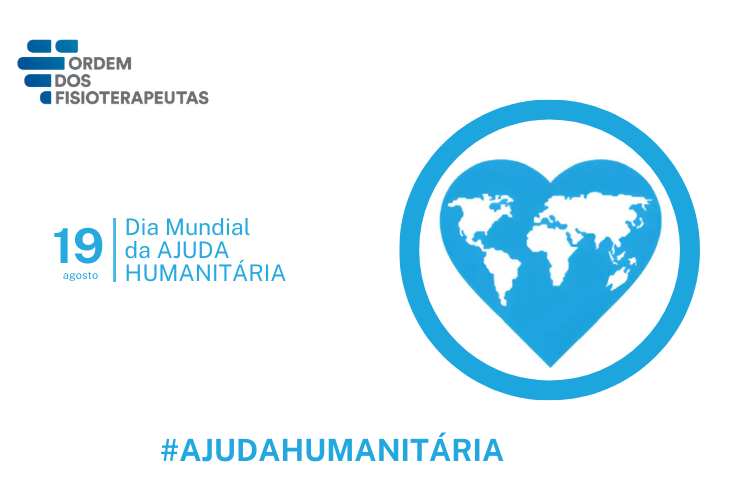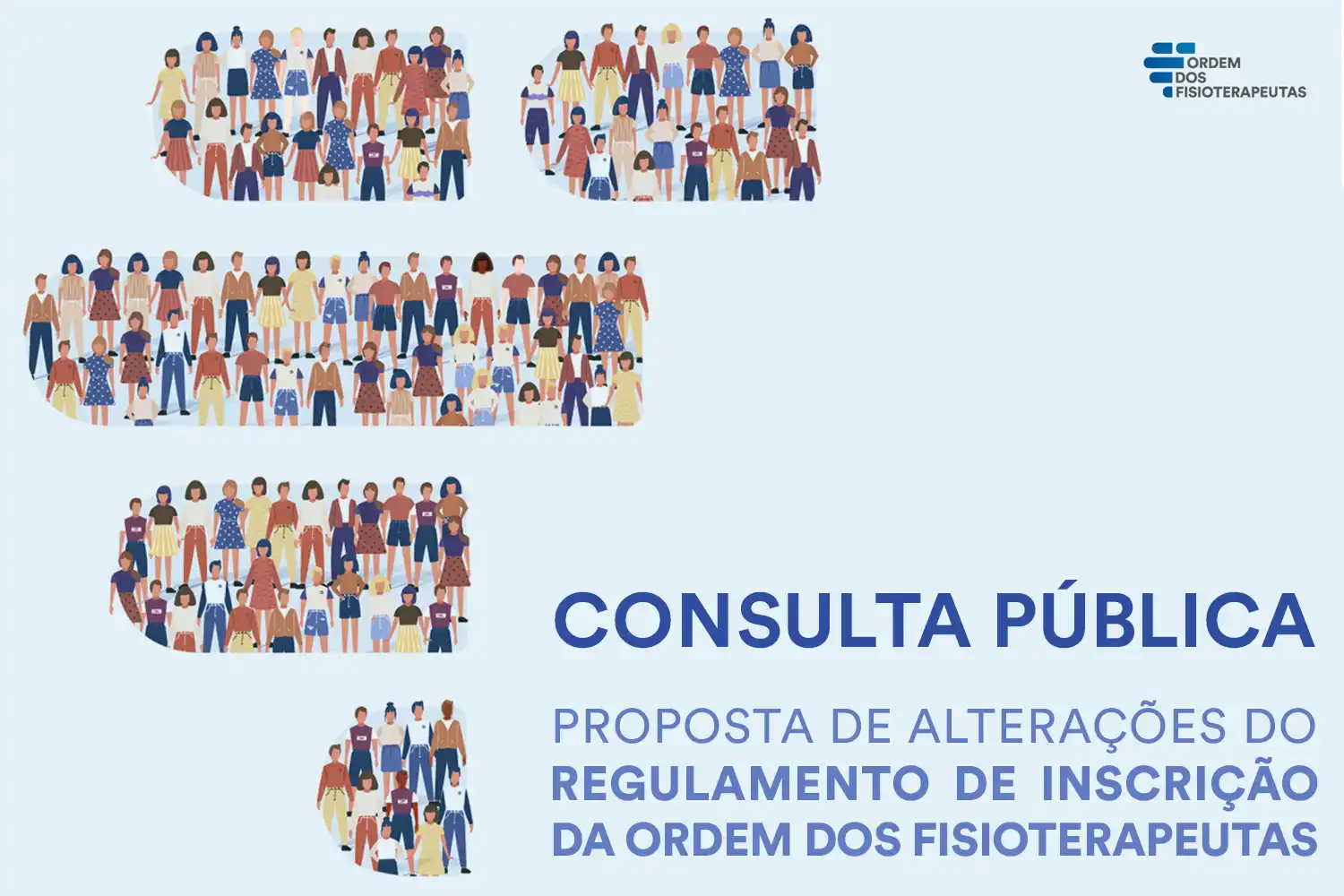World Spine Day, marked on 16 October, reinforces the central role of musculoskeletal physiotherapy in promoting health and preventing spinal problems.
Under the theme "Invest in Your Spine, the organisation's global campaign World Spine Day calls for greater investment in prevention and spinal health education, highlighting the impact of back pain - the leading cause of disability worldwide - and the importance of behaviours and environments that encourage movement and healthy posture.
According to data from the World Spine Day organisation, low back pain affected 619 million people in 2020 and it is estimated that this figure will rise to 843 million by 2050, making it the leading cause of disability worldwide. Low back pain can appear at any age, with a higher prevalence between the ages of 50 and 55, and especially affects women.
Physiotherapy, especially the now-recognised musculoskeletal speciality, plays an essential role in the prevention, diagnosis and treatment of spinal pain and dysfunction, promoting mobility, well-being and quality of life.
Physiotherapists work to promote healthy habits, postural and ergonomic education and the implementation of personalised rehabilitation and exercise programmes tailored to the needs of each person and context.
The campaign "Invest in your spine" encourages citizens, communities and political decision-makers to adopt preventive measures and create safer and healthier environments, emphasising that investing in spinal health means investing in people's mobility, productivity and quality of life.
Find out more about Musculoskeletal Physiotherapy and the different physiotherapy specialities in this article. article.

